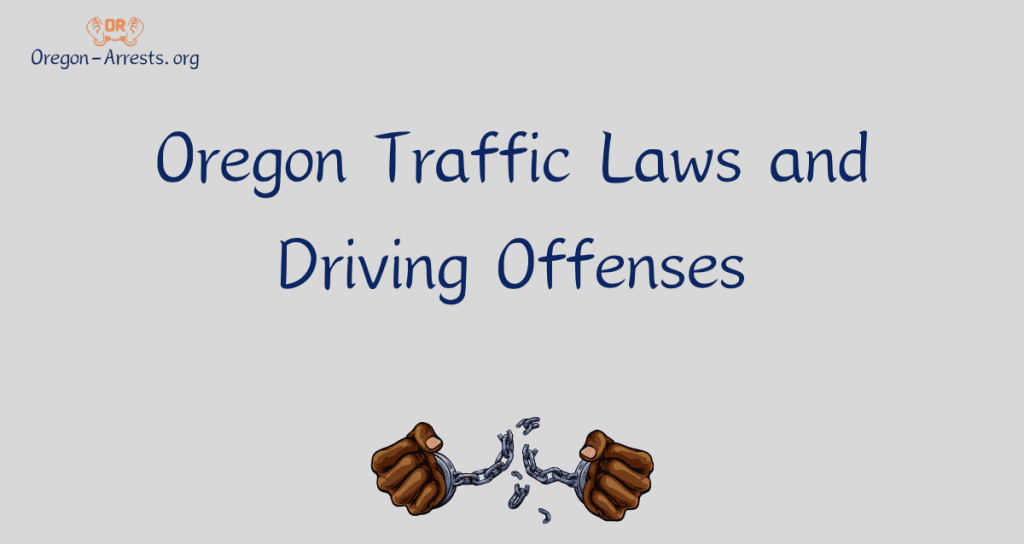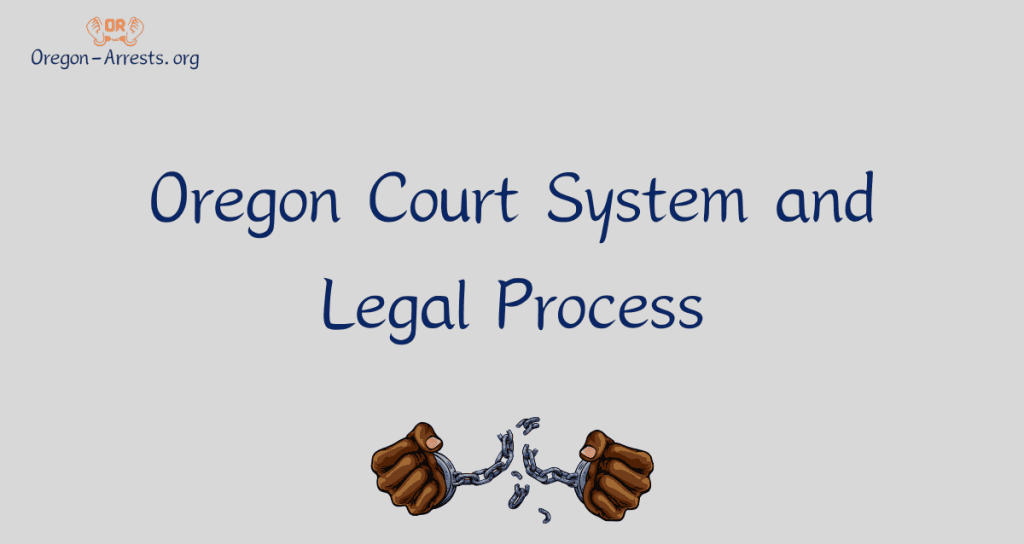Bail and Bond Procedures in Oregon
we will define bail and bond, emphasizing their significance in the legal system. Understanding bail and bond procedures is crucial for individuals involved in legal processes.
Types of Bail and Bond in Oregon
This section will explore the different types of bail and bond available in Oregon State. This includes cash bail, surety bond, property bond, and release on recognizance (OR). Each type will be explained in detail, including their requirements and implications.
Bail and Bond Process in Oregon
Here, we will provide a step-by-step overview of Oregon’s bail and bond process. Starting from the arrest and booking stage, we will explain the subsequent stages, such as the initial appearance, bail or bond determination, posting bail or bond, and the final decision regarding release or detention.
Factors Considered in Bail and Bond Determination
This section will delve into the factors that influence the determination of bail and bond. We will discuss the flight risk considerations, the offense’s severe flight risk considerations, and the offense’s severity’s ability to pay.
Conditions of Release
In this section, we will elaborate on the various conditions that may be imposed upon defendants upon their release. These conditions may include pretrial supervision, no-contact orders, travel restrictions, and drug or alcohol testing.
Failure to Appear and Bail Forfeiture
Here, we will explain the consequences of failing to appear in court and the subsequent bail forfeiture process. Understanding the potential repercussions will highlight the Importance of fulfilling legal obligations.
FAQ’s
What is the difference between bail and bond in Oregon?
In Oregon, bail and bond are two different procedures. Bail is the amount the court sets that an individual must pay to be released from custody while awaiting trial. On the other hand, a bond is a financial guarantee provided by a bail bondsman, who charges a non-refundable fee (usually 10% of the bail amount) and assumes the responsibility of ensuring the defendant appears in court.
How is the bail amount determined in Oregon?
The judge determines the bail amount in Oregon based on several factors, including the seriousness of the crime, the defendant’s criminal history, flight risk, ties to the community, and potential danger to others. The judge considers these factors to determine whether the defendant risks not appearing in court or endangering the community if released.
Can bail be reduced in Oregon?
Yes, bail can be reduced in Oregon. If the defendant believes that the bail amount set by the judge is too high, they can request a bail reduction hearing. During this hearing, the defendant or their attorney can present evidence and arguments to convince the judge to lower the bail amount. The judge will consider the defendant’s circumstances and the factors mentioned earlier to determine whether a reduction is appropriate.
What happens if someone cannot afford to pay their bail in Oregon?
If someone cannot afford to pay their bail in Oregon, they have several options. They can either seek assistance from a bail bond agent who will provide a bond for a non-refundable fee or request a bail review hearing to reduce the bail amount. In some cases, the defendant may also be eligible for release on their recognizance, which means they are released without paying bail but must appear in court.
Can bail be refunded in Oregon?
Bail can be refunded in Oregon, but only if the defendant complies with all court appearances and fulfills their obligations. Once the case is resolved, the bail amount, minus any applicable fees or fines, will be returned to the person who paid it. However, if the defendant fails to appear in court, the bail will be forfeited, and the person who paid it will lose the money.
Conclusion
In the conclusion section, we will summarize the significance of comprehending bail and bond procedures in Oregon. We will emphasize the necessity of seeking legal advice for individuals facing specific cases to ensure they navigate the legal process effectively.







